If you’re a tennis teaching professional, I advocate teaching a system of strategy to tennis students as soon as you meet them. I believe that it’s as critical to player development as physical skills, learning how to keep score and managing emotional control.
A good system of strategy produces a variety of tangible benefits, all of which give a player an advantage over an opponent of like (and sometimes superior) ability who doesn’t have access to a complete strategic arsenal.
In this post, I’ll explain how a thorough system of strategy can improve mental toughness during matches which can give players an advantage over their opponents.
Mental toughness is a broad topic and can depend a lot on individual temperament, maturity and a host of other factors. Even tennis players who don’t exhibit anxiety or pressure in a match, can benefit from implementing a plan, visualizing precise targets during a match and focusing on certain factors during tense situations.
Have you ever heard the grammar school challenge: “Whatever you do, don’t think of a polar bear!”? Good luck NOT imagining a polar bear in your mind’s eye. No matter what else a person might be saying in the next few seconds or minutes, your brain is focused on a polar bear.
A tennis player rarely needs assistance to conjure up all kinds of destructive thoughts during a match. Like a virus, once that contaminating thought makes its appearance, it triggers an epidemic-like chain reaction that can lead to the most epic choke or meltdown.
Whether he’s serving for the match or plagued with a string of unforced errors, nerves and a series of unproductive thoughts can strike at any time. If a player is untrained in total tactical focus, just like that polar bear, he can’t get that out ball, double fault or string of mis-hits out of the brain. The more he tells himself NOT to think about it, well, you know.
It’s well-documented that the ability to multitask is a complete myth. In other words, our brains are not capable of thinking of two things at once. Some researchers conclude that attempting to do too many things at once causes the brain to lose capacity for deep thinking altogether. Any experienced teaching professional should agree that competitive tennis demands deep thinking.
A player who is trained to focus on precise targets and evaluate a course of action can productively occupy the mind to the exclusion of those other thoughts that can bury even the most skilled player. (Thus, minimizing or eliminating the curse of the obsessing over mistakes or losing).
My tennis students are trained to constantly think and plan strategically during the entire match. They are always aware of their position on the court, their opponent’s position on the court, evaluating shots, aiming for precise targets and making instantaneous shot-selection decisions based on certain conditions. Not only does this give my students a logistical advantage over an opponent who has no plan and is just hitting as hard as he can where ever he can, it gives them a productive way to occupy their mind and build momentum and confidence for the best results.
Not only does this give disciplined students a logistical and tactical advantage over an opponent who has no plan or strategy, it gives them a productive way to occupy their mind thus minimizing the downward spiral that can result from negative thinking.


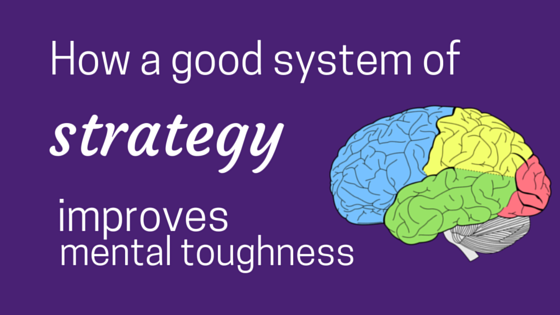
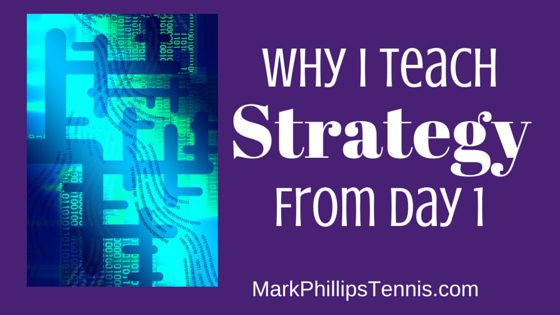
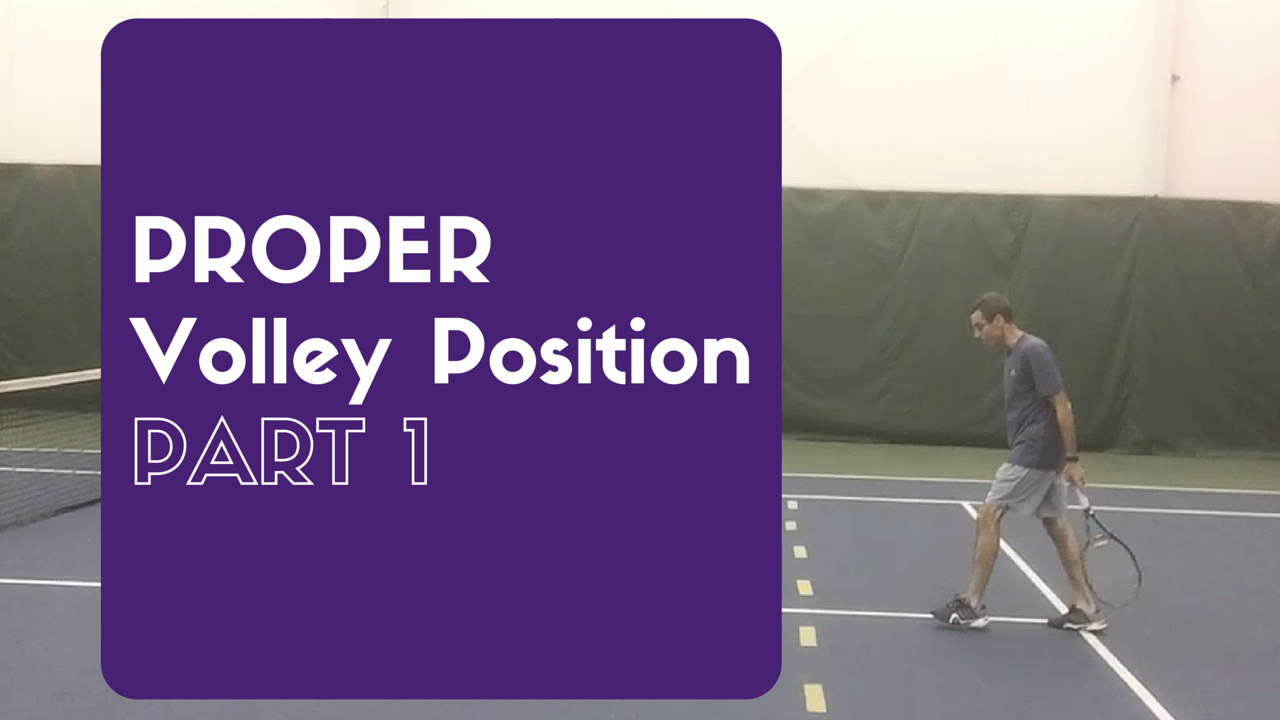
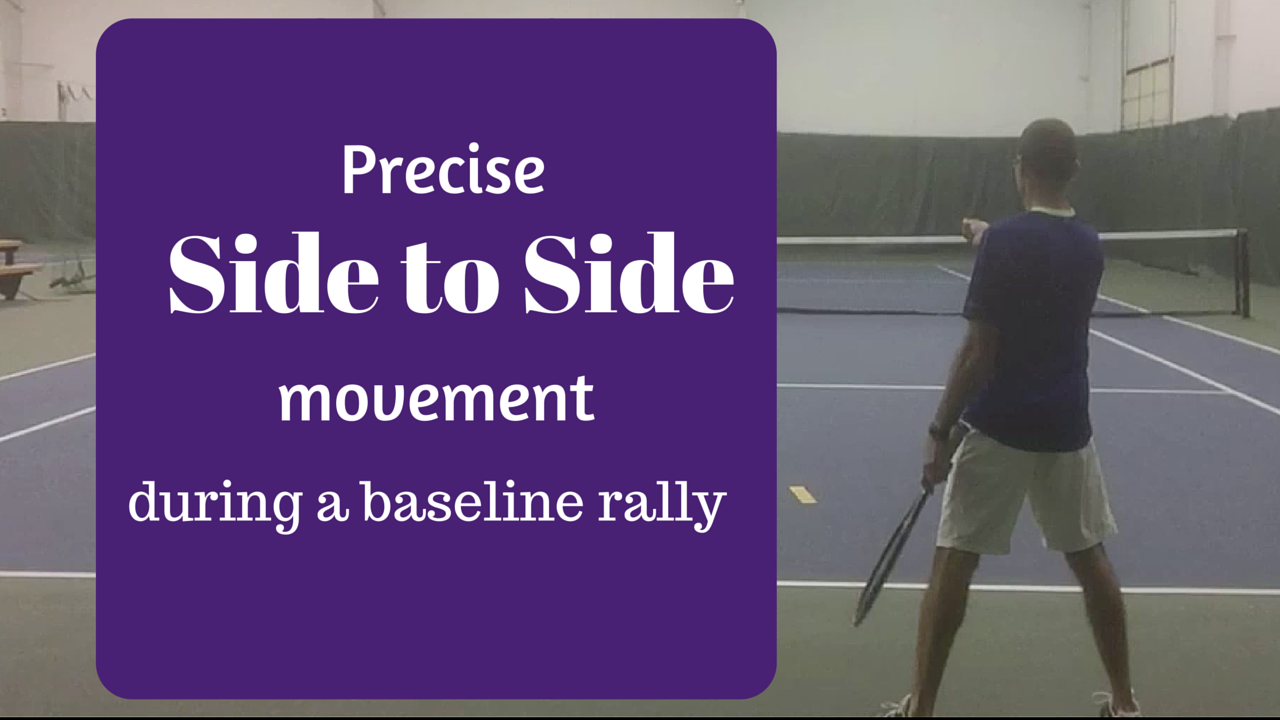
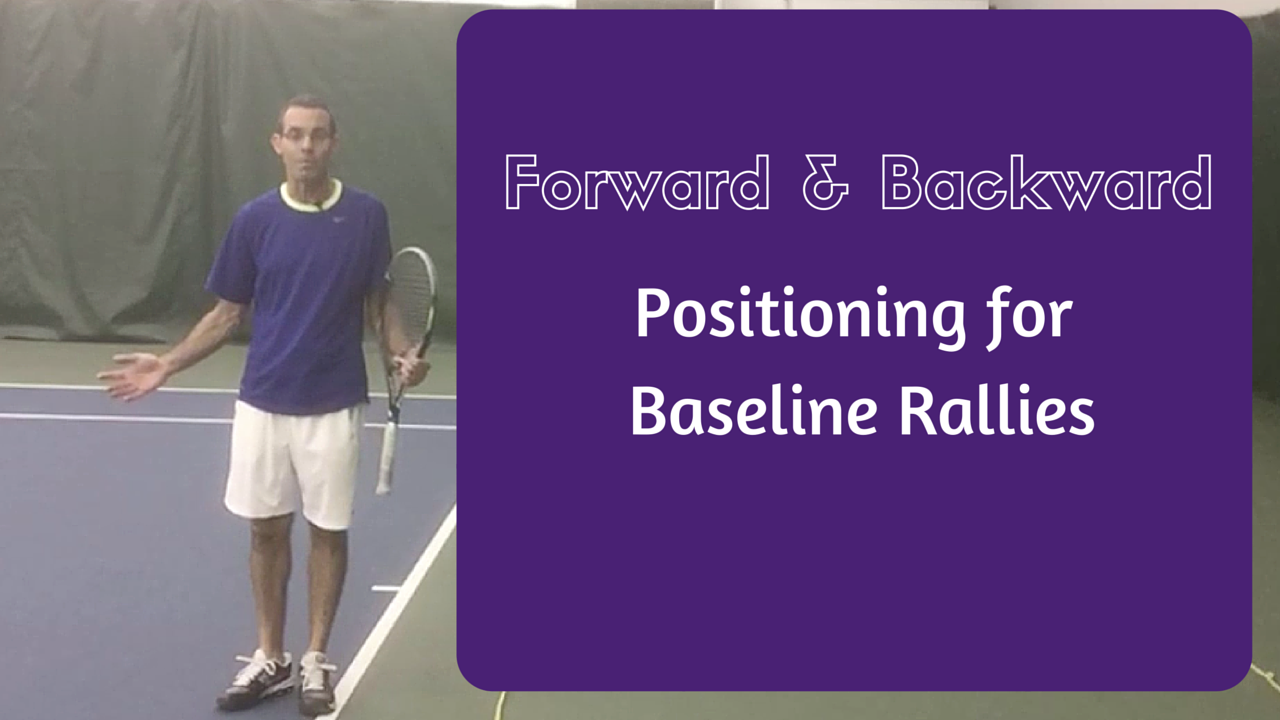
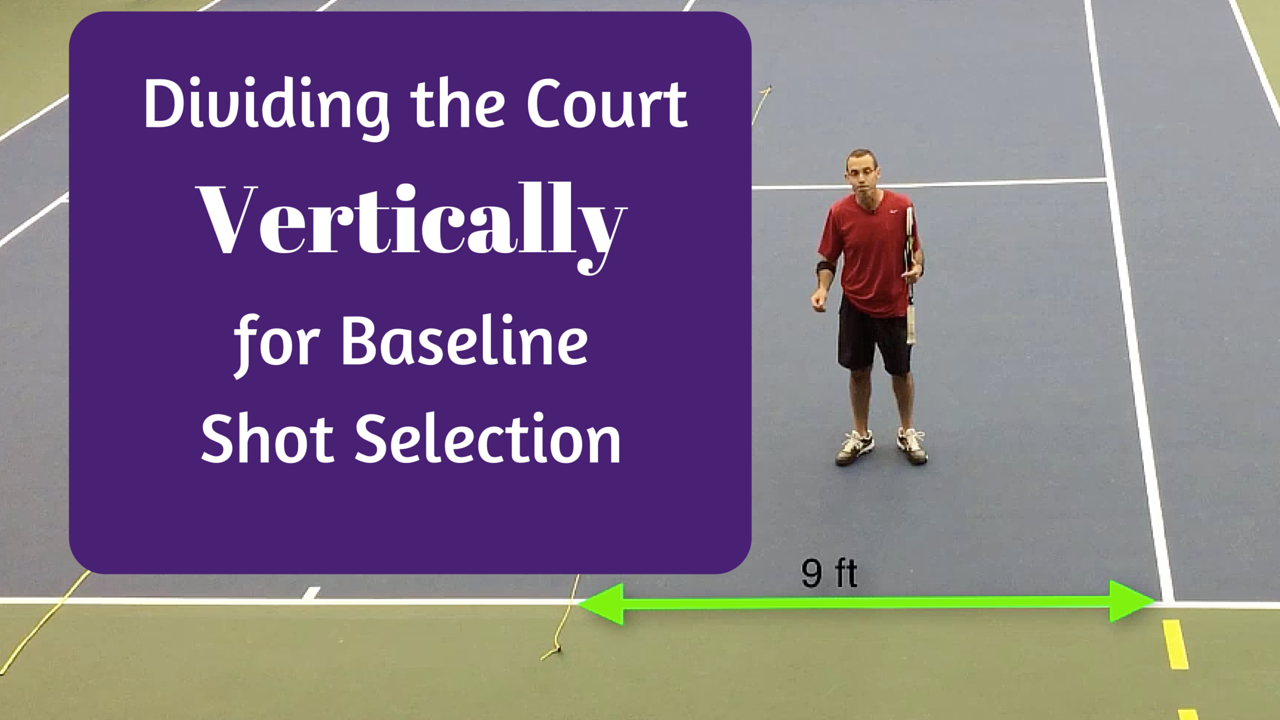
Leave A Comment